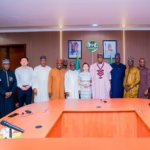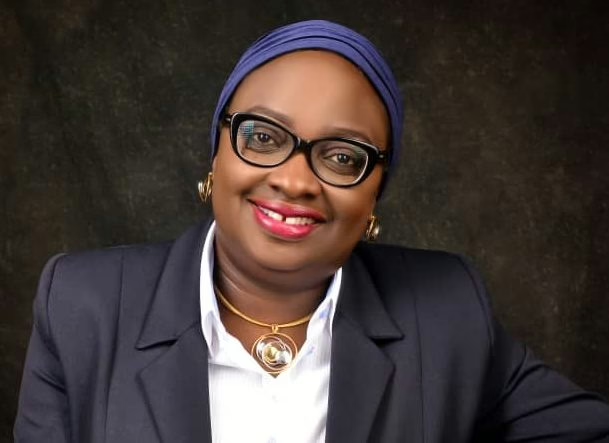What is the current representation of women in key political roles such as state governors, deputy governors, Senators, and local government chairpersons? When we analyze these figures alongside the historical presence of women in leadership positions, a clear picture emerges.
Despite gradual progress, women remain significantly underrepresented in Nigeria’s political landscape. This disparity highlights the ongoing challenges faced by women striving for political influence and decision-making power.
According to recent data, women occupy less than 10% of elective offices nationwide, underscoring the persistent gender gap in governance. For instance, as of 2024, only a handful of states have female deputy governors, and the number of female Senators remains disproportionately low compared to their male counterparts.
These statistics reflect a broader global trend where women’s political participation is increasing but still falls short of parity. Efforts to enhance female political engagement through policy reforms, advocacy, and capacity-building programs are crucial to achieving equitable representation.
Ultimately, the journey toward full political inclusion for women in Nigeria is ongoing, with significant strides yet to be made before true gender equality is realized in governance.


















0 Comments